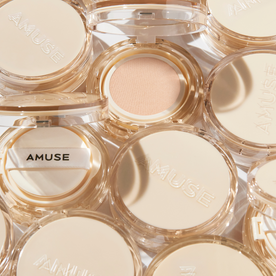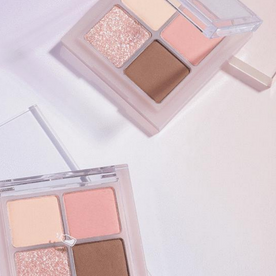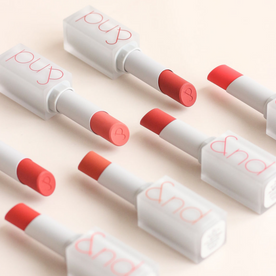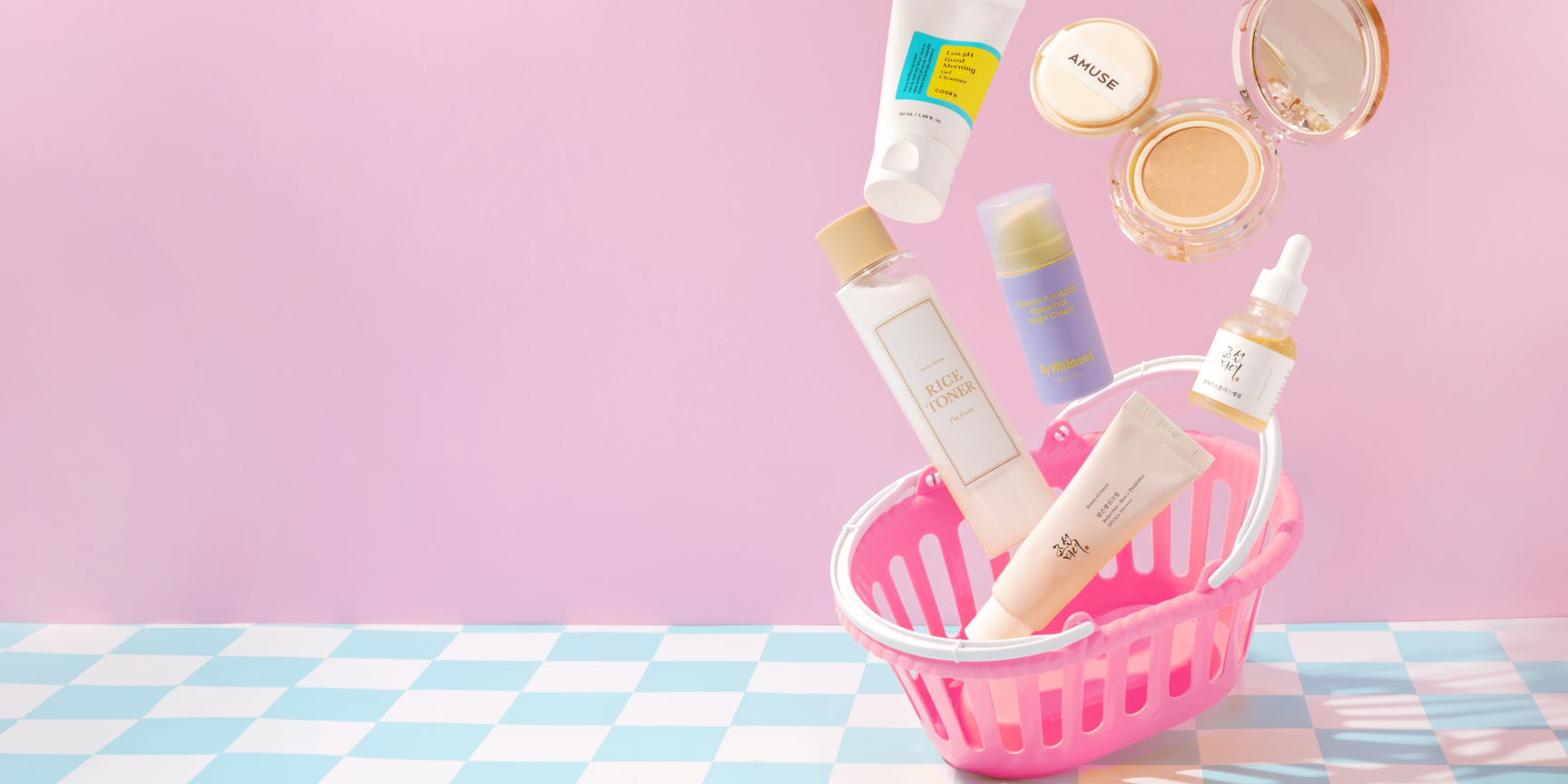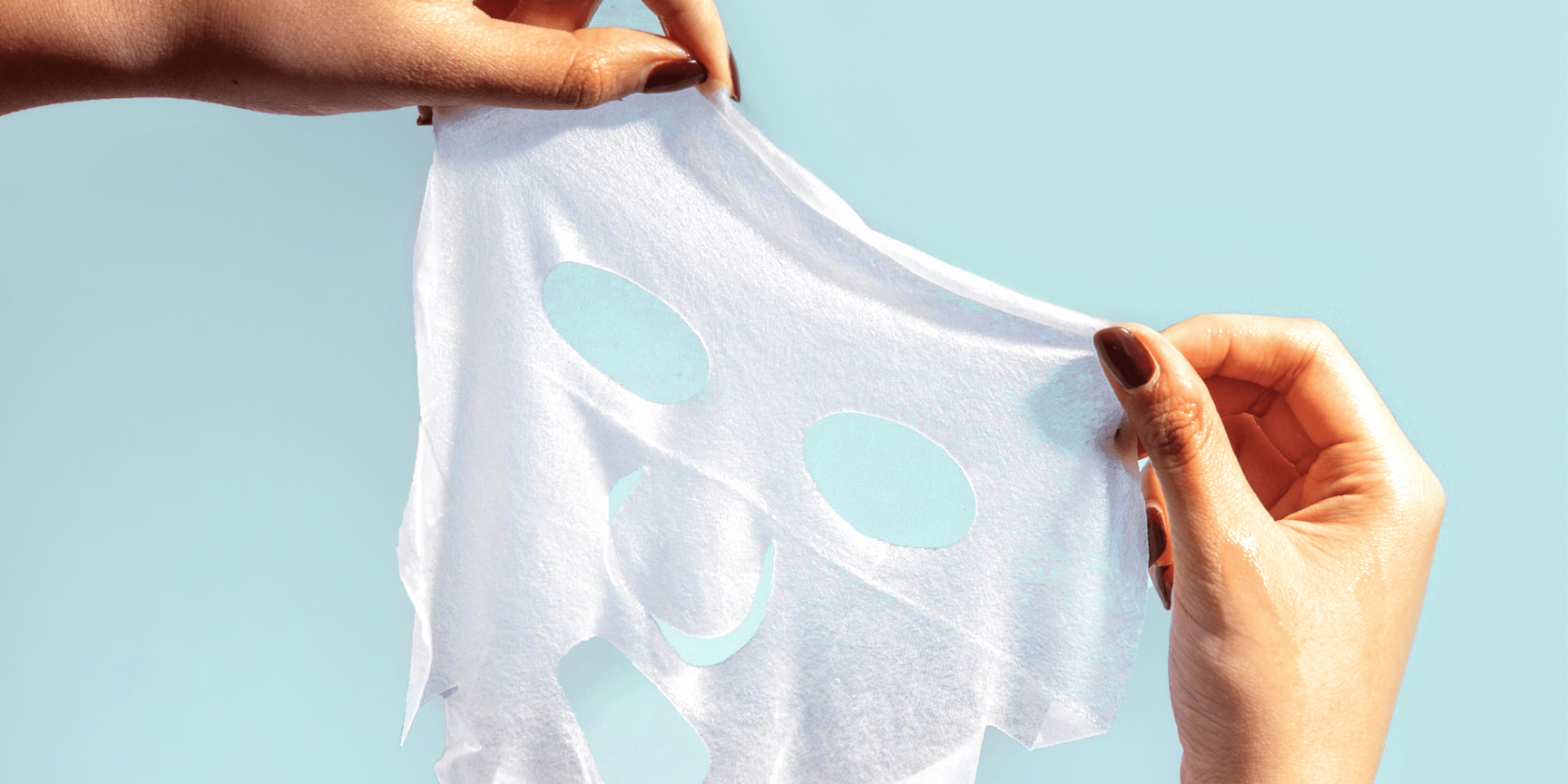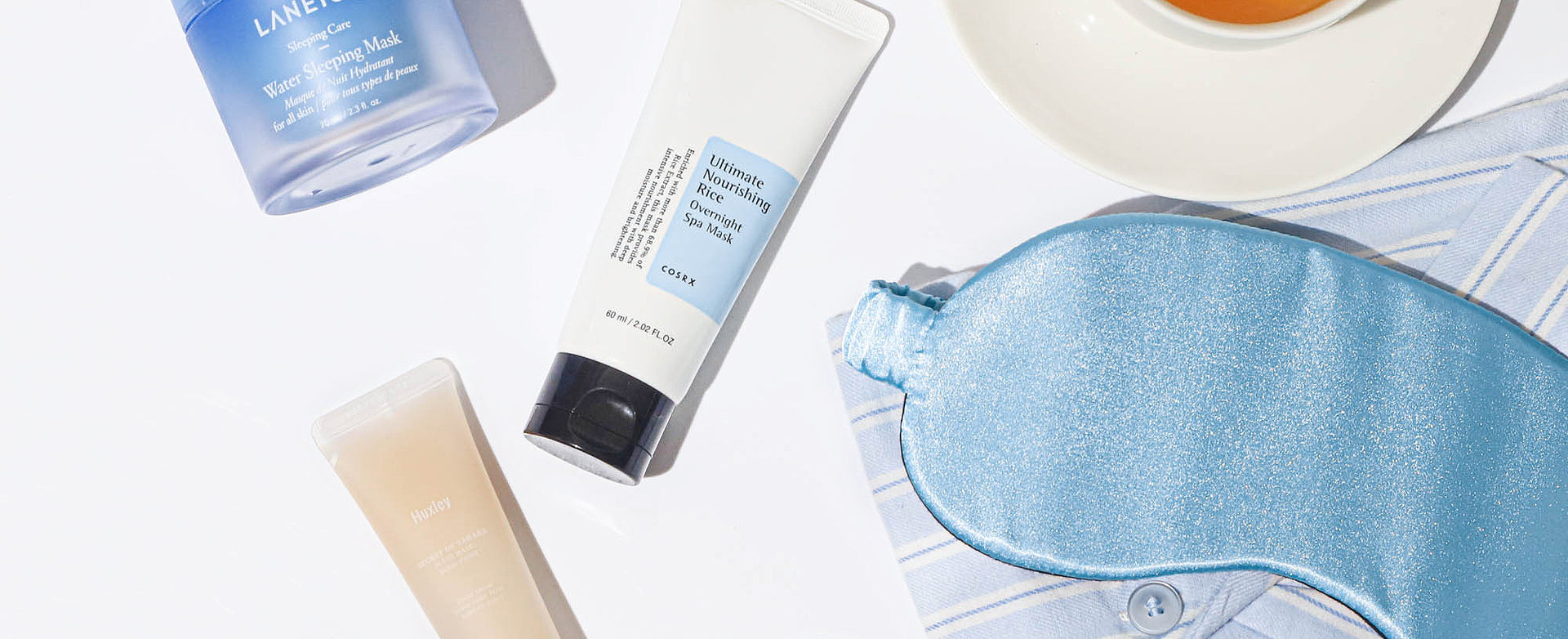SLEEPING MASKS - GLORIFIED NIGHT CREAM?
If you are new to Korean skincare, you might just be hearing about sleeping masks for the first time. As the name suggests, they’re the last thing you put on your face at night before going to sleep. But doesn’t that sound familiar? Isn’t that just like a night cream? Is there really a reason to buy and use a sleeping mask, or is it just a gimmick? Here’s a quick intro to both night creams and sleeping masks, and when to use them!
Night Creams
First off, what is a night cream? It’s possible that you use a moisturizing cream at the end of your evening skincare routine that isn’t marketed as a “night cream”. But the general idea is the same: A night cream is a moisturizing cream that you use before going to sleep.
While you can certainly use any hydrating cream in the evening, there are some advantages of using something specifically made for pre-bedtime. If you have dry skin, night creams really deliver the kind of moisture you need to make it through the night without drying out. They’re often thicker than regular creams, and can have nourishing and anti-aging ingredients that work while you’re sleeping.
They’re also safe for all-night wear. If you use a regular hydrating cream before bed, you’ll want to check your ingredient list to make sure there isn’t anything there that could potentially irritate your skin if left on for hours on end. Remember there aren’t any daily elements wearing off your moisturizing when you sleep, so whatever you put on your skin will really sit there and absorb.
The opposite is also true. There are some ingredients you might not want to wear during the day. Formulas that contain retinol, for example, can make your skin photosensitive, so you might not want to wear it before going out for a full workday in the sun. You could wear a cream with retinol in it during the night to get the benefits without having to worry about possible side effects. Again, you want to know what your skin might be sensitive to (see previous paragraph), so it might be worth it to patch test a new cream before leaving it on all night.
Night Cream Suggestions
Not sure what type of cream to put on at night? These are a great place to start:
Somebymi AHA BHA PHA 30 Day Miracle Cream
Improving the health of your skin barrier is one of the best ways to help keep moisture in. This cream uses extracts from centella and tea tree leaf to repair and strengthen your barrier, as well as acids to gently exfoliate. Acids can make skin more sensitive to sunlight, so this is good choice for evening use.
Klairs Midnight Blue Calming Cream
If you have sensitive skin, or skin damaged by acne, pollution, or overexposure to the sun, this is the healing cream you need. It’s formulated with Guaiazulene, a compound found in calming chamomile. Add centella to soothe and ceramides to help keep moisture in, and you have the perfect cream for irritated skin.
Huxley Anti-Gravity Cream
This moisturizing cream works for both day and night. During the day it protects the skin agains pollution, free radicals, and other environmental stressors. At night, it replenishes your skin with moisture, and helps to boost elasticity for a firmer, youthful feel.
Sleeping Masks
They don’t really have a Western equivalent. You might have seen them labelled as “sleeping packs”, and wondered whether you’ll feel like you’re sleeping with a face full of thick, sticky sludge. Don’t worry, most sleeping masks don’t leave an uncomfortable feeling, and they have different textures, depending on what you like.
They’re meant to be massaged into your skin as the very last step of your evening routine (after your moisturizing cream), and, like sheet masks, seal moisture and any other serums or creams you’ve used into your skin.
One of the biggest differences between a night cream and a sleeping mask is that the goal of a sleeping mask isn’t necessarily to moisturize. Like a lot of Korean products, sleeping masks are meant to be person-specific. They’re meant to deal with certain skin types and concerns. This means that, unlike moisturizing creams, they might not be thick and occlusive. In fact, many have a gel-like texture that can be surprisingly light feeling. They also have “target audiences”, in that they are formulated to deal with specific issues, not just to be generally “moisturizing”.
Another difference between night creams and sleeping masks is that it’s unlikely you’ll want to use a sleeping mask every single night. Because they do contain more active ingredients, they’re really meant to be used when needed. In short, if your regular routine and night cream aren’t cutting it and you need a boost, layer on a sleeping mask. They absorb slowly through the night, keeping your other products from evaporating, and taking a longer amount of time to work on your skin.
The great thing about sleeping masks is that they’re formulated to be safe to wear all night, so you don’t generally need to worry about irritants unless your skin is very sensitive. You’ll also want to check the instructions - some sleeping packs are meant to be washed off in the morning.
Sleeping Mask Suggestions
Never tried a sleeping mask before? Here are some tried-and-true masks to get your started.
Laneige Water Sleeping Mask
This is the holy grail of sleeping masks. Reliable, effective, and created by a trusted brand. This one works for all skin types, and is a rejuvenating/hydrating-type mask with a light gel texture. Not only will the scent of orange flower and sandalwood lull you to sleep, but you’ll wake up with brighter, recharged skin!
Huxley Good Night Sleep Mask
This is your go-to mask if your skin needs some serious repair with anti-aging benefits. Huxley uses their signature prickly pear cactus extract, which is full of antioxidants and vitamin E, to revitalize dull, tired skin. Especially good if you have combination skin, as it contains moisture-boosting hyaluronic acid, and centella to fight redness and inflammation.
COSRX Ultimate Nourishing Rice Overnight Mask
This sleeping pack is a good choice if you’re looking for something with a thicker, creamier texture (without any greasy residue). COSRX uses 68% of Rice Extract to brighten the skin tone and smoothen its appearance. This formula is a great multitasker, as it can be used as a cream or an express moisture-boosting wash-off mask. Drier skin types, you should definitely check it out.
When To Use What
Night creams can be used daily, because they are general hydrators and keep skin moisturized during the night. If your skin feels dry in the morning, choose a thicker cream. Many people who use lighter lotions or gels during warmer, humid seasons may find they need a night cream during colder months. They’ll give you some added benefits as well, usually general repairing and anti-aging.
If you’re looking for something to deal with a specific skin concern or really need a product to maximize the efficiency of your whole routine, try a sleeping mask. Use it when you really need it, up to a few times a week, after your hydrating cream. Pick one that works for your skin - the texture, active ingredients, and benefits can be different from mask to mask, so take the time to find one that you like.









































